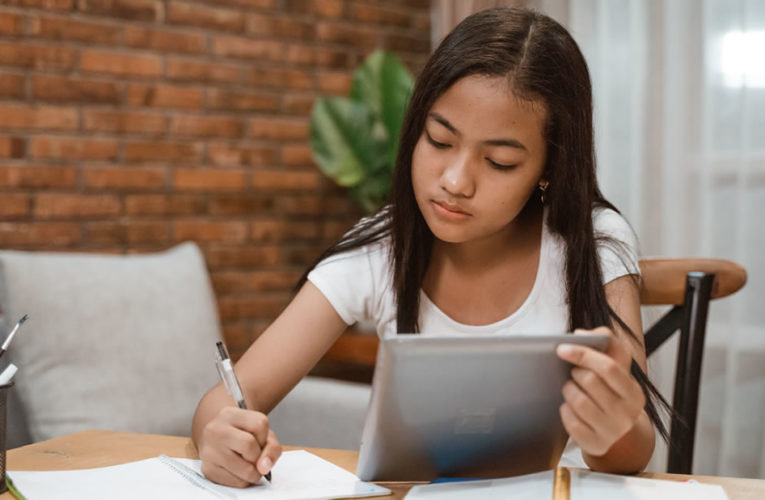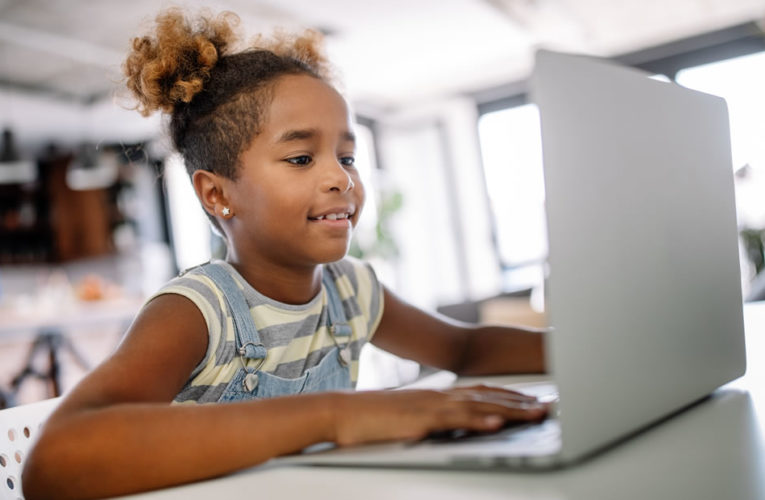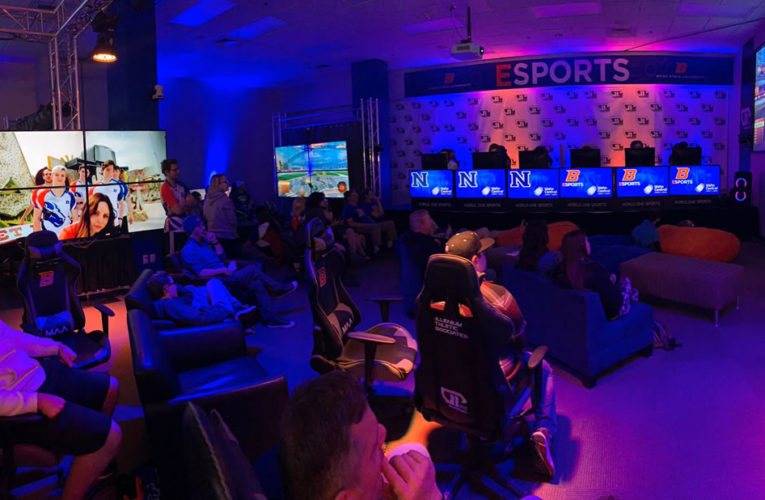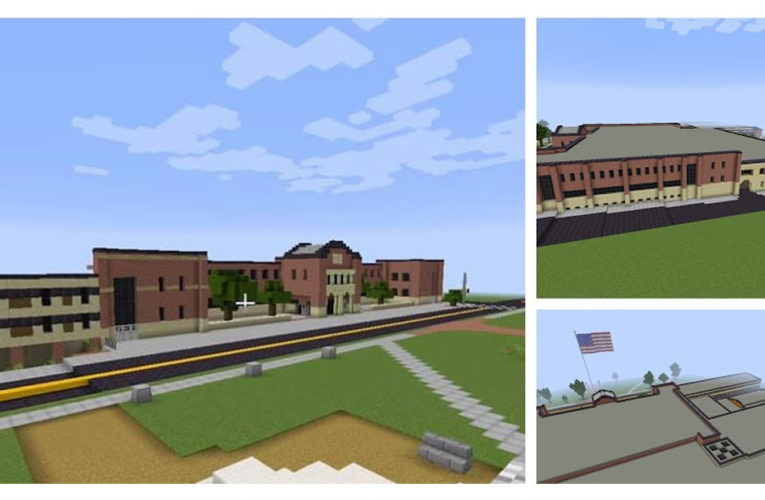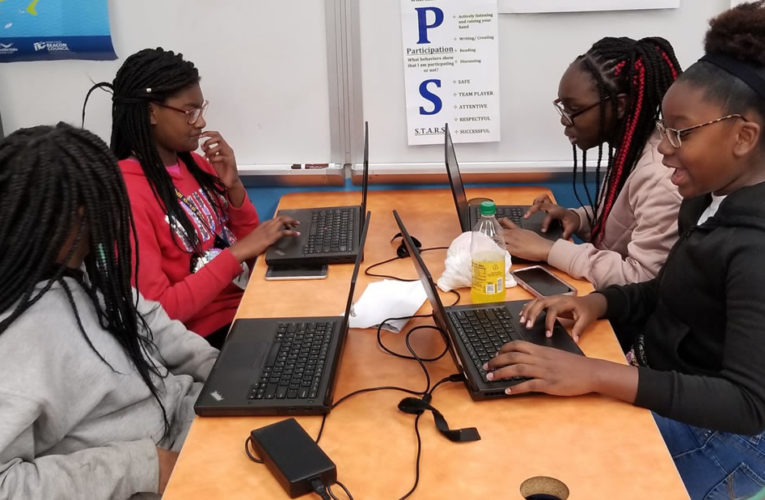All learning is personalized learning
Digital reading can increase a school’s personalized learning efforts, while also boosting student achievement
When personalized learning came on the scene, some found it challenging to get a grip on what it meant for instruction. A beloved retired master teacher colleague mused, “Personalized learning … Read More
